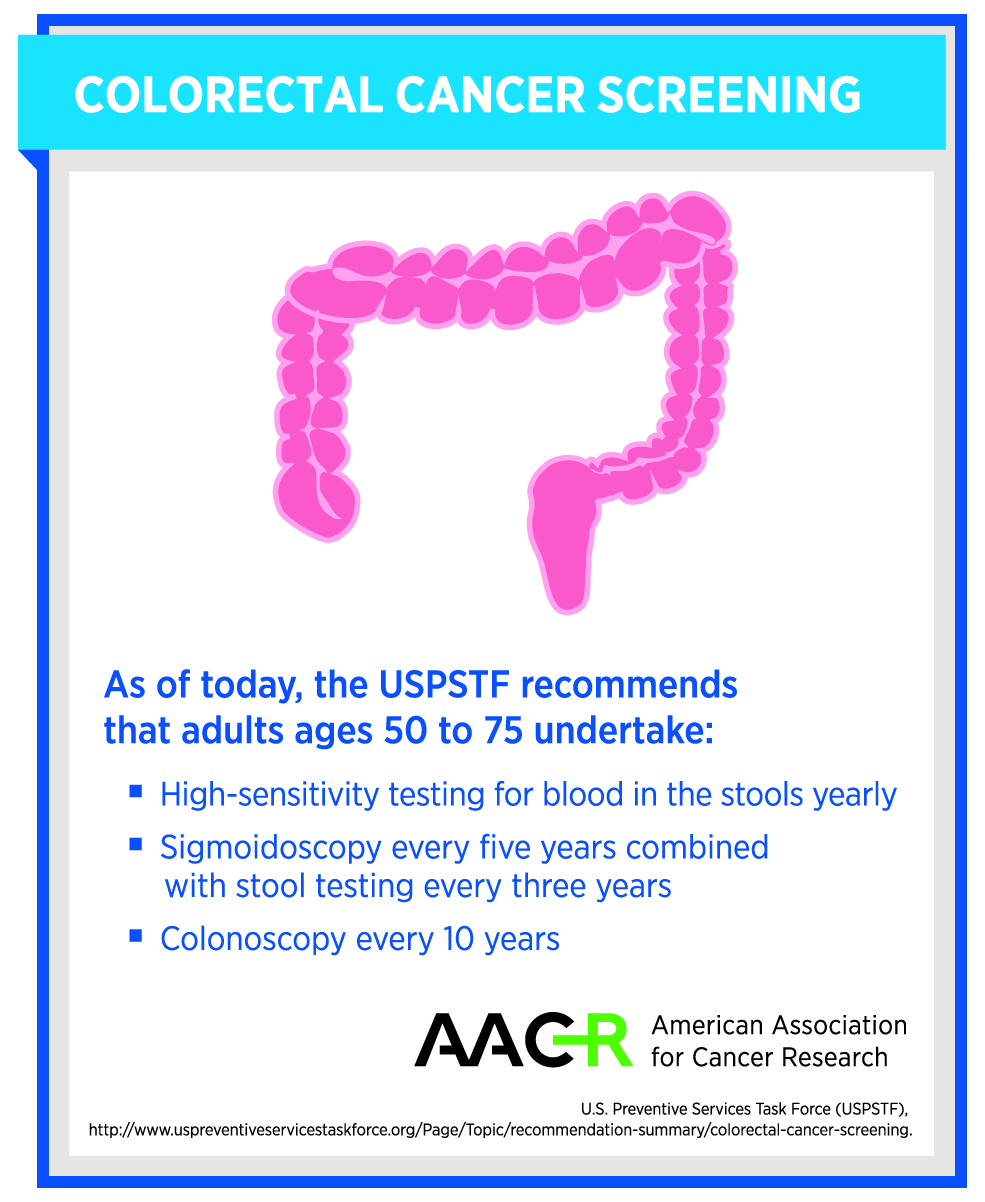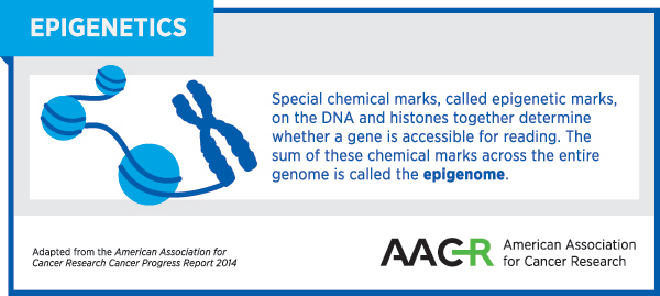A New Colorectal Cancer Screening Test
Test uses blood samples, providing an alternative method for colorectal cancer screening
The U.S. Food and Drug Administration (FDA) recently approved a new colorectal cancer screening test that uses blood samples to detect tumors.
The new screening test, formerly called the “System, Colorectal Neoplasia, DNA Methylation and Hemoglobin Detection” test, is being marketed under the trade name Epi proColon. It is the first blood-based colorectal cancer screening test to be approved by the FDA.
Epi proColon is approved for adults at average risk for colorectal cancer (as defined by current screening guidelines) who choose not to be screened by colonoscopy or a stool-based fecal immunochemical test (FIT).
Screening has significantly reduced the incidence and mortality of colorectal cancer in the United States, but the disease remains the second-leading cause of U.S. cancer deaths. The most recent estimates from the Centers for Disease Control and Prevention (CDC) indicate that one out of every three U.S. adults for whom colorectal cancer screening is recommended?all adults between the ages of 50 and 75?is not up to date with screening. Therefore, the need to identify ways to increase participation in colorectal cancer screening is clear.

New approaches to colorectal cancer screening may increase colorectal cancer screening uptake and improve outcomes for a number of reasons. For example, some people cite not wanting to do bowel preparation as a reason for not getting screened for colorectal cancer by colonoscopy. Testing stool samples for blood avoids that issue, and can reduce colorectal cancer deaths by about 30 percent, but it misses about one-third of cancers and more than two-thirds of precancerous lesions.
The CDC says research shows that people who are able to pick the colorectal cancer screening test they prefer are more likely to get the test done. The company that developed Epi proColon, Epigenomics AG, is hoping that by adding a new option, a blood-based test, they can help increase colorectal cancer screening uptake and adherence.
Cancer cells often have profound abnormalities in their epigenomes—the sum of the chemical marks on DNA and histones that determine whether a gene is accessible for decoding—when compared with normal cells from the same tissues. The Epi proColon test was developed based on research showing that the presence of epigenetic marks called methyl groups on part of a gene called Septin 9 was associated with colorectal cancer.

According to the company, the FDA approved the test on the basis of results of three clinical studies and its potential to significantly increase participation rates in colorectal cancer screening. In one of these studies, the researchers found that Epi proColon was comparable to FIT in its ability to detect colorectal cancers.
The FDA requires Epigenomics AG to conduct a post-approval study to investigate the long-term benefit of Epi proColon, and we look forward to learning whether or not it is able to increase the number of people who get screened for colorectal cancer.
The FDA approval was rendered on April 12, 2016.
